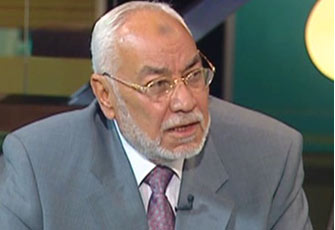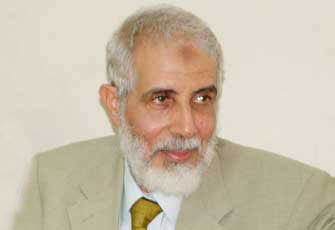Michael Slackman nimmt sich in der Herald Tribune einer neuen religiösen Mode in Ägypten an: der Zebibah. Das heißt im Wortsinn „Traube“ und meint im Alltag heute eine sichtbare Hornhaut auf der Stirn, einen dunklen Fleck, der von großer Frömmigkeit zeugt.
Regelmäßige, inbrünstige Beter, die ihre Stirn fest an den Boden pressen, weisen nach vielen Jahren diese charakteristische Hautverdickung auf. In Ägypten gehört eine Zebibah mittlerweile zum guten Ton. Sie schafft Vertrauen: Ich bin ein frommer, bodenständiger Mann, sagt die dunkle Stelle am Haaransatz. Die Zebibah ist insofern der Hidschab des Mannes, ein demontstratives Zeichen konservativer Frömmigkeit.
Manche aber haben Schwierigkeit, eine ansehnliche Zebibah aufzuweisen – sei es mangels Gebetseifer oder weil sie zu weiche Haut haben. Und in Ägypten kursieren denn auch schon Gerüchte, mancher helfe mit Sandpapier nach, wenn die 5 täglichen Gebete es nicht schaffen.
Zitat:
„Muslim men pray throughout the Arab world. Indeed, Egyptian women pray, but few of them end up with a prayer bump. So why do so many Egyptian men press so hard when they pray?’If we just take it for what it is, then it means that people are praying a lot,‘ said Gamal al-Ghitani, editor in chief of the newspaper Akhbar Al Yourm. ‚But there is a kind of statement in it. Sometimes as a personal statement to announce that he is a conservative Muslim and sometimes as a way of outbidding others by showing them that he is more religious or to say that they should be like him.‘
….’The zebibah can help,‘ said Ahmed Mohsen, 35, a messenger for a law firm whose own mark was pinkish, bumpy and peeling. ‚It can lead to a kind of initial acceptance between people.‘
There are no statistics on the zebibah’s prevalence. But today, perhaps more than any time in recent history, Egyptians are eager to demonstrate to each other just how religious they are.
There are many rumors about men who use irritants, like sandpaper, to darken the callous. They may be apocryphal, but the rumors themselves reveal how fashionable the mark has become.
Of course, not everyone has a zebibah. There are still plenty of Egyptians who feel their faith is a personal matter.
But the pressure is growing, as religion becomes the focus of individual identity, and the most easily accessible source of pride and dignity for all social and economic classes.“
Die Führer der Muslimbruderschaft haben prächtige Zebibahs. Sie sind Avantgardisten der populären Islamisten-Mode in Ägypten:

